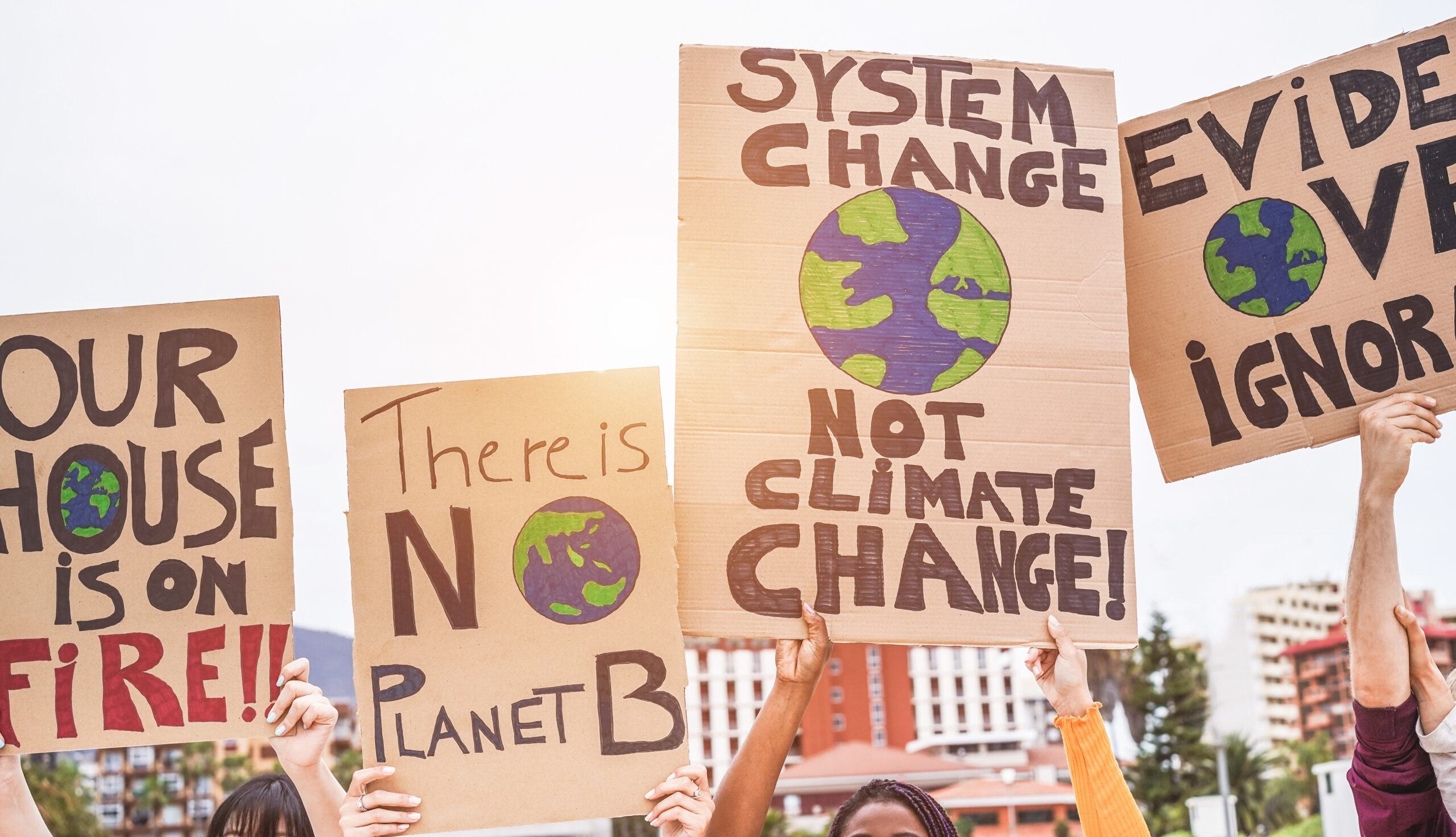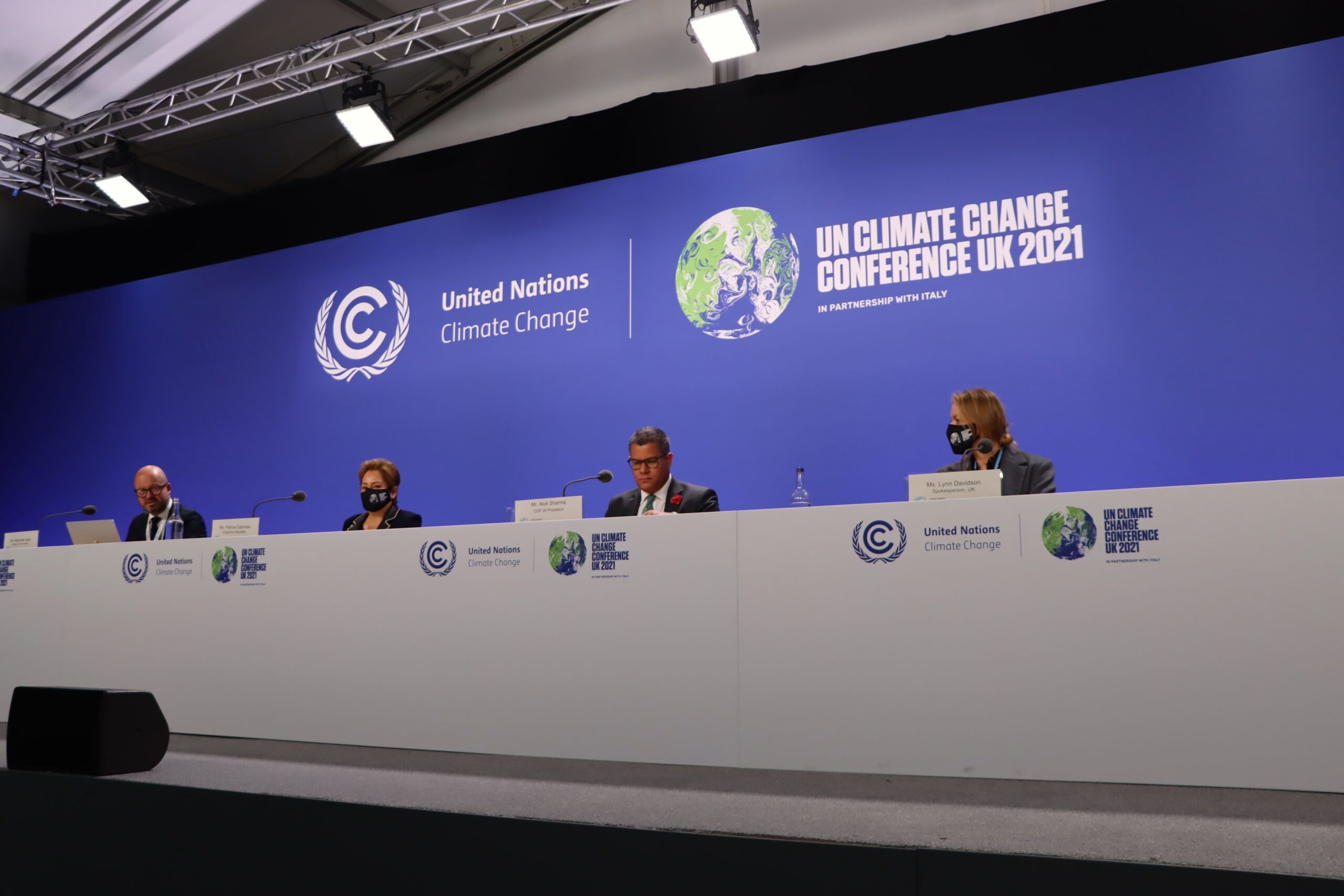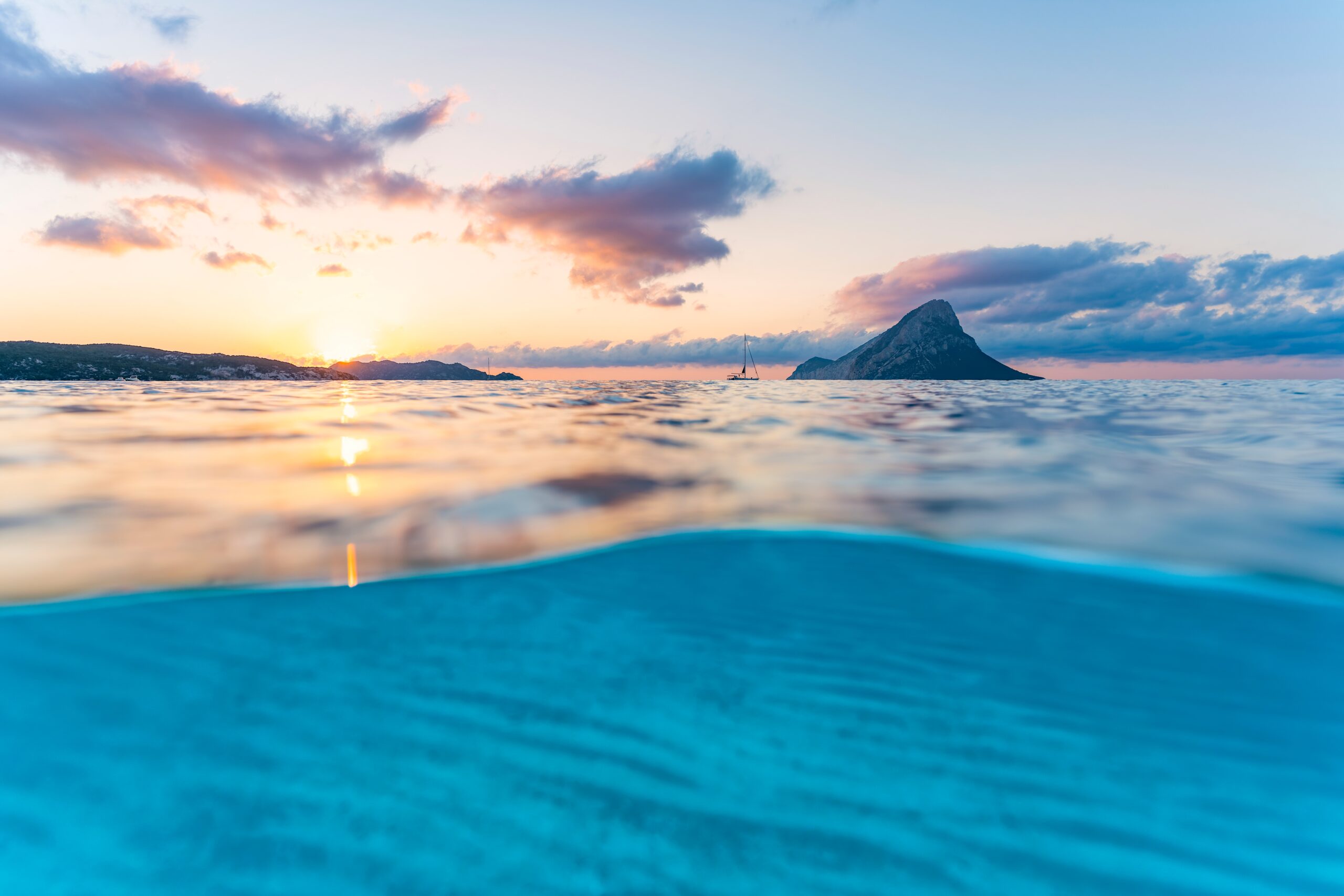Islands are facing the threat of disappearance, with the creeping effects of global warming.

TEXT : Mathew Robertson
At COP26 (Conference of the Parties) held in Scotland in 2021, the speech of Tuvalu, a small island nation with a population of just over 10,000, drew significant attention. Foreign Minister Simon Kofe, dressed in a suit, delivered his speech from the ocean, appealing to other countries about the impacts of climate change and rising sea levels. Looking globally, there are other nations similarly threatened by sea erosion. I would like to introduce the threats posed by creeping global warming while considering the current situations of these countries.
"We are sinking." In the video, Kofe appealed about the current situation in Tuvalu while standing in the sea up to his knees. Tuvalu is a small island nation floating in the South Pacific, covering an area of 26 square kilometers, making it the fourth smallest country in the world. With a maximum elevation of 3 meters, about 10,000 people live on this low-lying land. In recent years, it has become known as the country sinking into the sea the fastest.
In 2023, the United Nations, in collaboration with NASA, conducted a study on sea level rise in Tuvalu. The study revealed that the sea level in Tuvalu has risen about 0.15 meters compared to 30 years ago. The rate of sea level rise is accelerating, with coastal sea levels expected to increase by more than 20 centimeters by 2050 and further rise by 50 centimeters to 1 meter by the end of this century.

Similar to Tuvalu, regions around the world with low average elevations are also facing concerns about flooding due to rising sea levels. In 2021, just before COP26, a World Bank study was released, predicting that 40% of existing buildings in Majuro, the capital of the Marshall Islands, were at risk, and 96% of the city was exposed to the danger of frequent flooding due to climate change. Additionally, concerns about flooding in low-elevation areas are not limited to islands like Fiji, Palau, Micronesia, the Solomon Islands, the Maldives, and Seychelles in the Pacific and Indian Oceans, but also extend to low-lying areas in countries such as the United States and the Netherlands.
Regarding climate change, the United Nations Framework Convention on Climate Change (UNFCCC) came into effect after the Earth Summit in 1992. Since 1995, the annual Conference of the Parties (COP) has been held, focusing on global discussions to improve climate change. At COP3 in 1997, the Kyoto Protocol was adopted, setting targets for developed countries to reduce emissions by 2012. In 2015, COP21 adopted the Paris Agreement, a new international framework for reducing greenhouse gas emissions after 2020, replacing the Kyoto Protocol.
At COP28 in 2023, a decision was adopted for the first time regarding the "Global Stocktake" to assess progress towards the Paris Agreement's goals. The agreement document outlined goals such as tripling the global renewable energy capacity by 2030 and doubling the rate of energy efficiency improvements. It was signed by 116 participating countries.

The impacts of global warming are accelerating year by year. According to the Intergovernmental Panel on Climate Change (IPCC), the global average temperature has risen by over 1 degree Celsius and sea levels have increased by 20 cm compared to the pre-industrial period (1851–1900). If climate measures are not taken, temperatures could rise by up to nearly 6 degrees Celsius and sea levels could increase by about 1 meter.
In a speech at COP26, then-Prime Minister of Tuvalu, Kausea Natano, stated, 'Right now, 40% of the central area of Funafuti, Tuvalu’s capital, is already below the highest sea level,' calling for urgent action from participating countries. In 2023, the UK’s Channel 4 released a video about the current situation in Tuvalu. Titled 'How to Move a Whole Country: Tuvalu’s Plan to Flee Rising Sea Levels,' the video features a young girl pleading, 'Please don’t take away my future.' Time is running out, and immediate measures are urgently needed.
